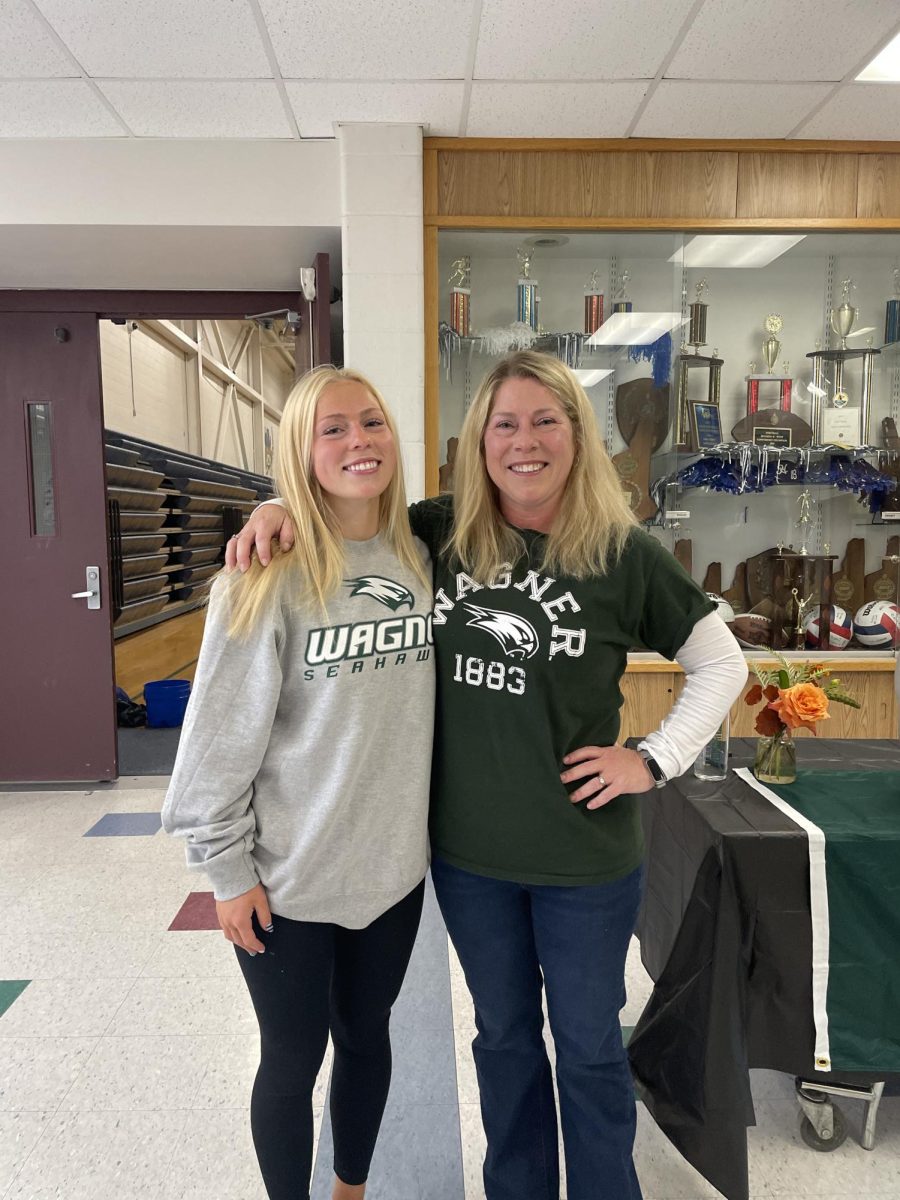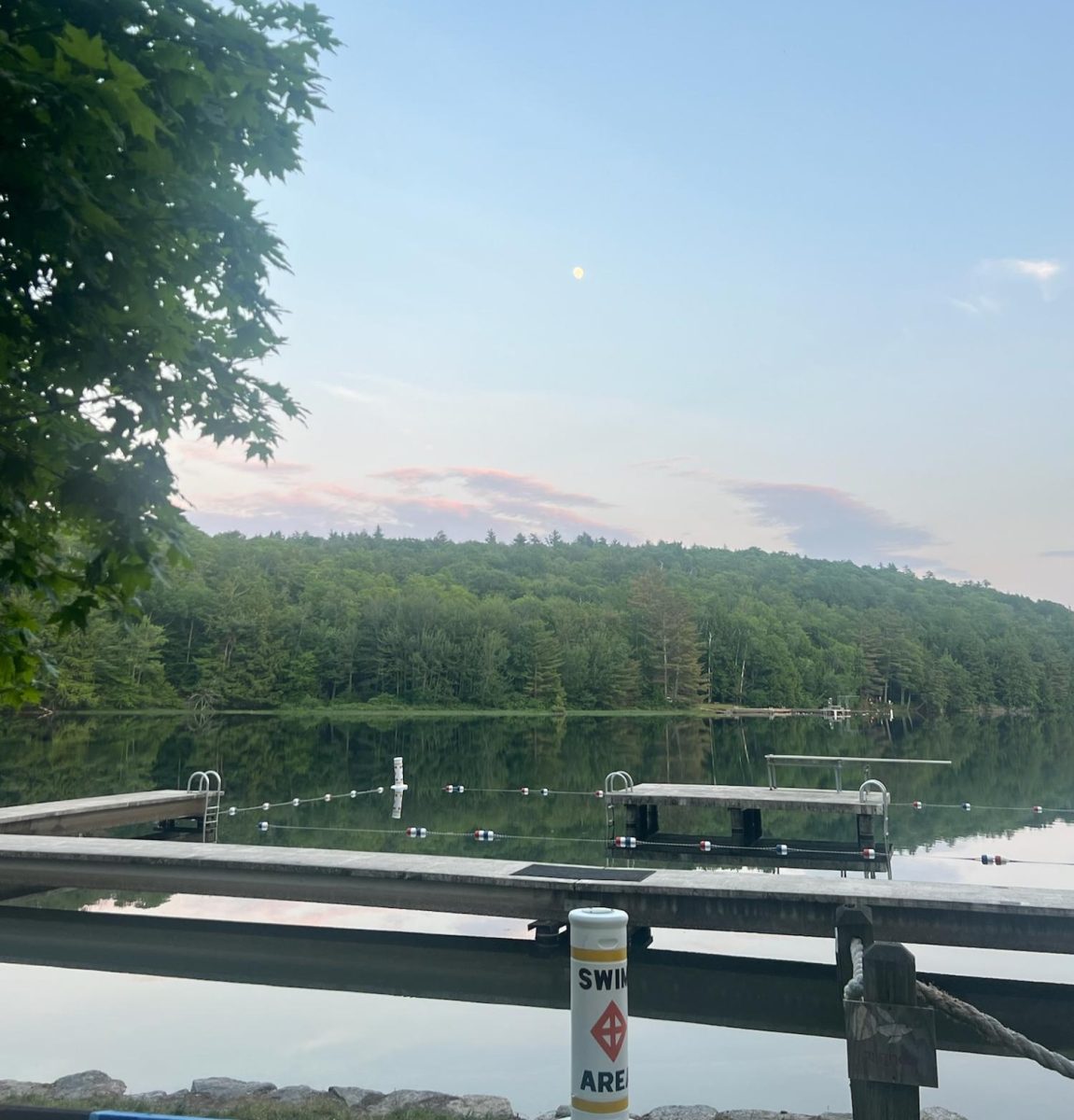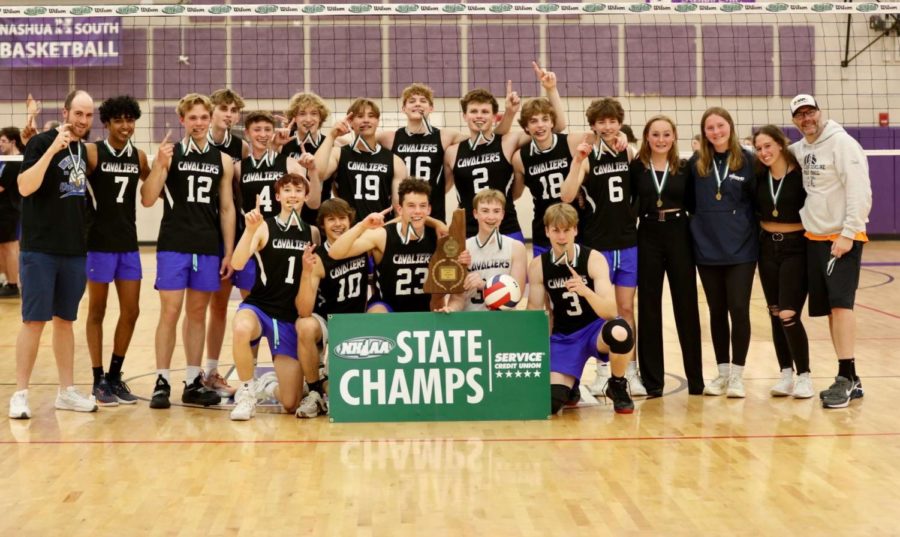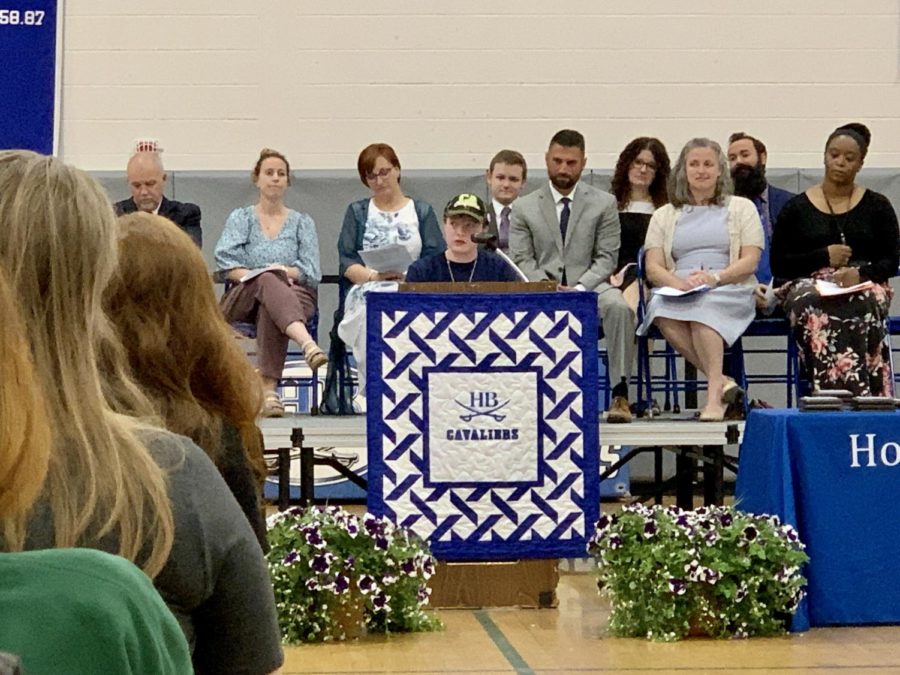College. Either the single most terrifying word to a high schooler or the most intriguing. There are so many moving pieces to the college search process, and for many, it can be the most overwhelming project they have ever taken on. However, there are some tips and tricks for the process to make it as stress-free as possible.
Step 1: The College Search
Everyone’s college expectations are different, and some may go solely for academics, others only for the social experience, or both. I used search engines such as Niche.com and the Search Engine from the College Board to figure out what I liked. However, asking your friends and family may provide you with schools you may not have thought about. “From my experience, it [choosing a college] was more about geographic location; finances certainly played a role, and all of the schools I was interested in I visited,” said Principal Tim Girzone. “In the end, I opted for UNH, largely after my visit [because] I fell in love with the campus [and] the location. Being from New York, I grew up in upstate New York, so it was not too close or far from home. The wide base of offerings appealed to me…I think the fact that they did have a wide offering as a state school appealed to the possibility of things changing as I settled into college.”
This process of selecting a college can be started whenever you feel comfortable. “I would say meet with your counselor early and start the college search process as early as possible, and that can be the middle of junior year or the end of sophomore year, whenever you feel like you are ready to take that on,” said Dan Bumbarger, a school counselor at Hollis Brookline High School. He was also my primary counselor through my high school career and college search. All juniors attend meetings with their counselors junior year, but they are happy to start with students beforehand. “We are always open to talking about the college process; we just need you to reach out to us,” said Bumbarger.
When looking for colleges, I wanted a medium-sized campus with lots going on and a good reputation in my field of study (Psychology). I also wanted to be geographically close to home and near towns or cities to visit, but I did not want to live in a city. These factors are essential to consider; researching colleges and noting what you like and dislike about each will lead you to learn your priorities for your schools. “Find someplace that will allow you to explore a variety of interests. The great thing about college is that the opportunities to discover a new passion are exponentially greater than in high school. Keep yourself open to new paths and new experiences (even if you already think you know exactly what you want to do!)”, says Craig Plummer, a private college advisor in the area.
Once you have decided on schools you want to apply to, you write all of the schools down onto the green sheet found in the counseling office, giving your counselors information to send to the colleges. This green sheet can be done during senior year but should be done earlier for early action and comes after the blue sheets. These are also found in the counseling office and are submitted to your teachers to request a letter of recommendation formally. Pro Tip: Make sure to check the back of the blue sheet!
When considering whether or not to apply for Early Decision, Early Action, or Regular Decision, it depends on what each student is the most comfortable with. “I always recommend that students in good standing try to apply for Early Action if it is available. That being said, each student has individual needs and may have reasons not to apply early. In either case, however, I recommend targeting a date at least two weeks prior to the deadline to submit so that if any glitches or difficulties come up, there is time to deal with that,” said Craig Plummer.
Step 2: Letters of Recommendation and Surveys
Each student should get 2-3 different letters of recommendation from teachers; I would personally recommend a teacher you are close to or one in your field of choice. Many teachers like to write them over the summer, so having the blue forms done and given to them can jumpstart your readiness by a lot. “If you want your teacher to have time to really put some thought into it and not be stressed themselves, I would say a couple of months would be a really good idea,” said Bumbarger.
Now for the counselor survey, this survey can be found on Naviance, where you list all of your schools for your counselor to send your information to. This survey asks what you want to be in your letter of recommendation and helps them get to know you even a little more. “I think it’s a good idea to have it done by the end of the junior year because some counselors like to be thinking about that over the summer, and we also work some days in the summer, so it gives us a little bit of time to get a headstart on that, but no earlier is needed,” said Bumbarger.
“I definitely didn’t have the same level of partnership that our students have here with their school counselors,” said Girzone.
Step 3: Starting the Applications and the FAFSA
Once you have a couple of schools in mind, starting applications is the best next step while researching. The Common App is the most used site for this, though many schools in the south use Coalition. Filling these questions out about yourself and starting the essay are the main parts of your application. These will allow schools to get to know you as a person and student.
There are two types of aid you can get from a school. One is merit scholarships, awarded to students for their outstanding academic achievements. Then, there is Financial Aid. The FAFSA stands for Free Application for Federal Student Aid. Colleges widely use this to determine the aid they give out. Everyone, regardless of their economic status, is encouraged to apply. The FAFSA usually opens in October for the next school year, so make sure to get that done early, as that may give you a leg up.
Step 4: The Personal Essay
The one main essay allows your schools to know the “you” behind your grades for your applications. It allows for you to bring in an extra part of yourself that may not be shown in the rest of your application. Whether it is your favorite hobby, your relationship with a family member, or a learning experience that shaped you, the personal essay will add a deeper part of your identity to your application, which can make all the difference.
The essay should be all about how you have grown for some prompts. “Most student essays, at least in their first drafts, lack personal reflection. This is very normal as students have not been asked to self-reflect very much in other writing that they have done. A good college essay needs to show a personal awareness of your growth and your potential for future growth as well as a personal understanding of who you are as an individual.” said Plummer, “This essay should be a process of self reflection and, as such, it should be started early. Many of my students write multiple different essays during this process before they finally come up with the one they like. As such, I recommend starting the process VERY early. I begin working with students on their essay in the spring of their junior year.”
Some schools may have supplemental questions for you to answer as well; for example, Columbia University’s supplemental questions for the ’22 school year were all about your favorite books you read or your passions. They are just an extra part of your application that will help you to showcase your abilities, interests, etc.
Colleges want honesty when getting to know you. “Colleges want to evaluate the students as they are, so that they can understand if they are a good fit for their community. I know that your question is most likely directed at “How do I make sure I am a good candidate for college acceptance?” This is a much more complicated question in my mind. Each student has different strengths and each student has different goals. It is important for students to be honest about what their strengths are, determine what goals are appropriate given those strengths, and then engage in activities (classes, extracurriculars, internships, jobs) that support that goal. There is no magic formula to get into college but being an engaged student/person is the best advice I can give you.” says Plummer.
Step 5: Scholarships
Once you have applied, it is time to start the scholarship application process. It is never too early to begin! The counseling office has many valuable resources for this search. “I would say meet with your counselor and find out about the different local and state scholarships. You can track the deadlines on their websites, and their deadlines are also available on Naviance,” says Bumbarger. The leading websites for scholarships recommended by the counseling office are New Hampshire Higher Education Assistance Foundation, New Hampshire Charitable Foundation, and fastweb.com.
Step 6: The End
Finally, you have jumped through all of the hoops and are ready to hear back from all your schools. “I think the most gratifying is, of course, the acceptance…certainly the enjoyment you see, the promise and the prospects of what lies ahead for kids is cool, with that reward at the end of the journey, the challenges that kids go through and that process and why it’s so rewarding because it is so hard, there’s a lot that goes into an application and applying to a school that might be a challenge for a kid or they might have that major that’s unique, at the moment might be difficult to see them stressed out…all the things that go into that time in your life, then to find out that it was all for that acceptance letter,” says Girzone.
The best piece of advice that can be offered to students, in my opinion, is not to choose your school based on prestige or name recognition. “It’s all about the right fit. It’s not about the bumper sticker. It is about where the best college is for you. That is why I say with AP classes, taking six AP classes may not matter when getting you into the college that’s right for you, where you are going to have the best next four years of your life. It’s more about finding the place that you want and doing the things that help you get there but not overdoing it to the point that you’re so stressed and you can’t manage anything,” says Bumbarger. Just hearing the word “college” can instill stress and anxiety into high school-age teens. “The most important quality that a school can have is your overall comfort being there. This takes on multiple characteristics: level/difficulty of coursework, availability of research, specific extracurriculars, opportunities to try new things, etcetera. But overall the most important characteristic of a school is that it is a place where you feel comfortable being yourself and exploring new things.” says Bumbarger. Hopefully, these tips and tricks to get you ahead during the college process will instead bring on excitement and the readiness to try new things.



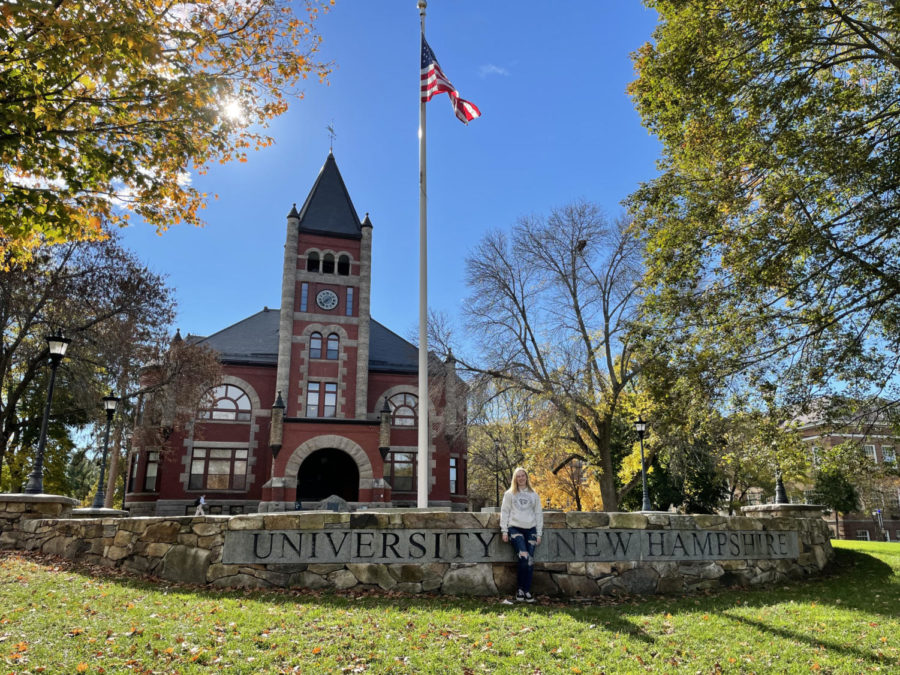
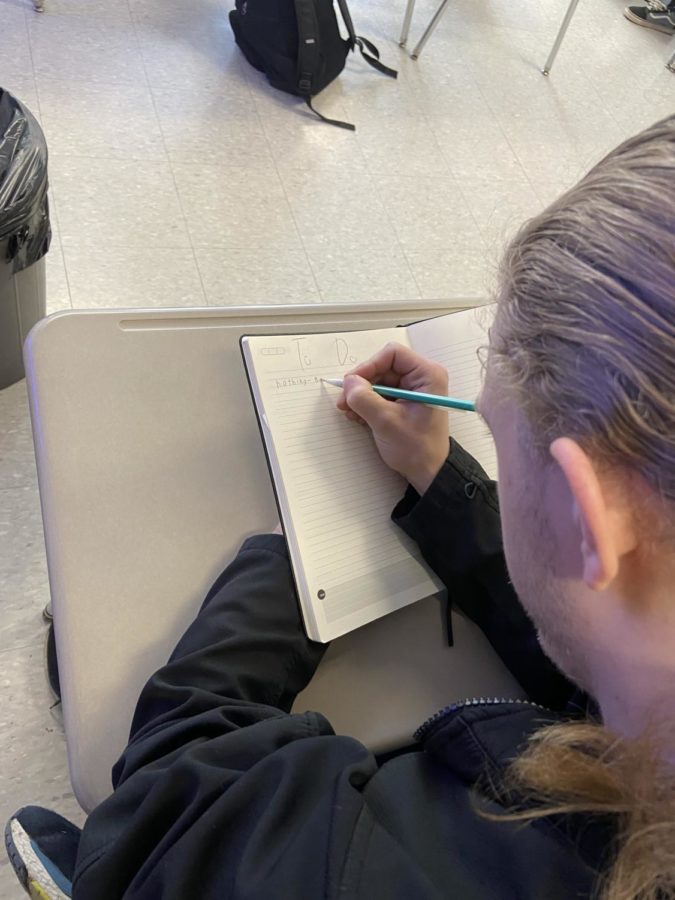
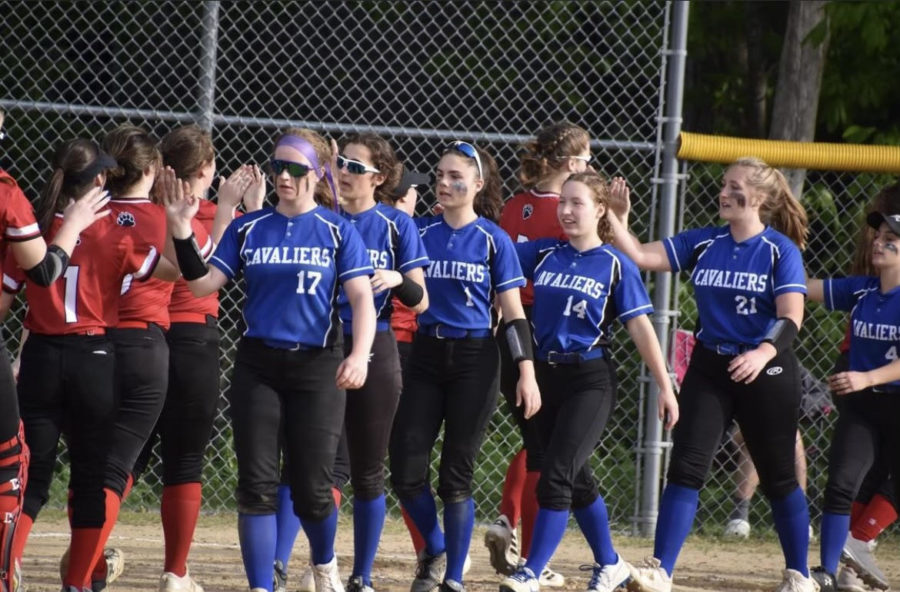

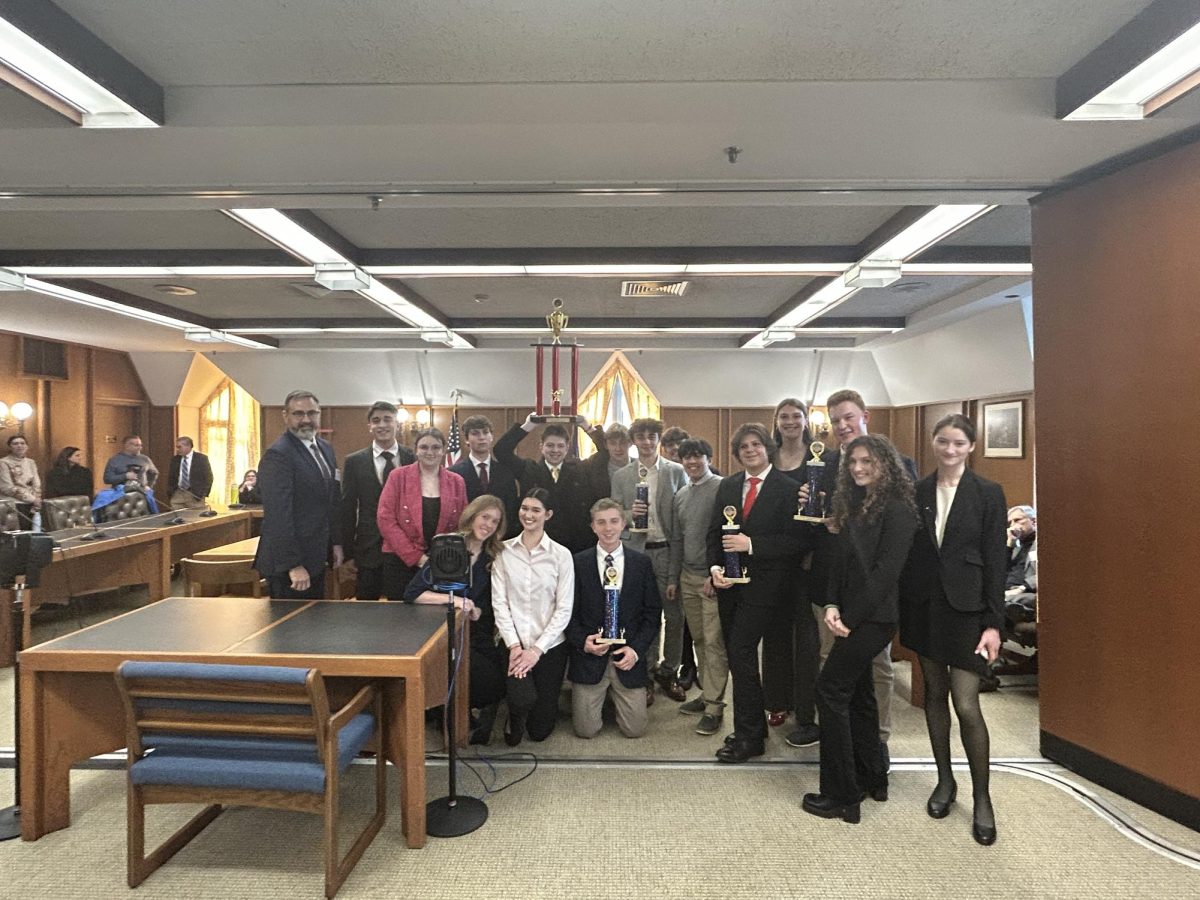
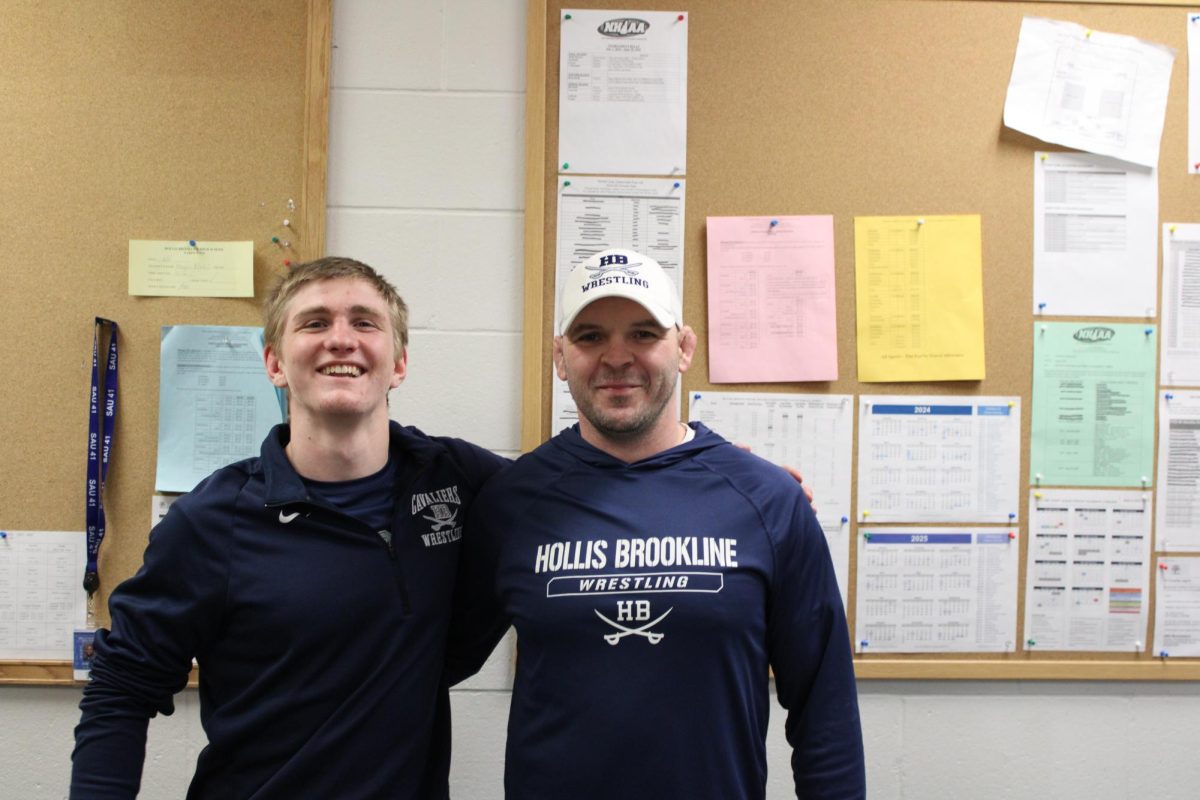

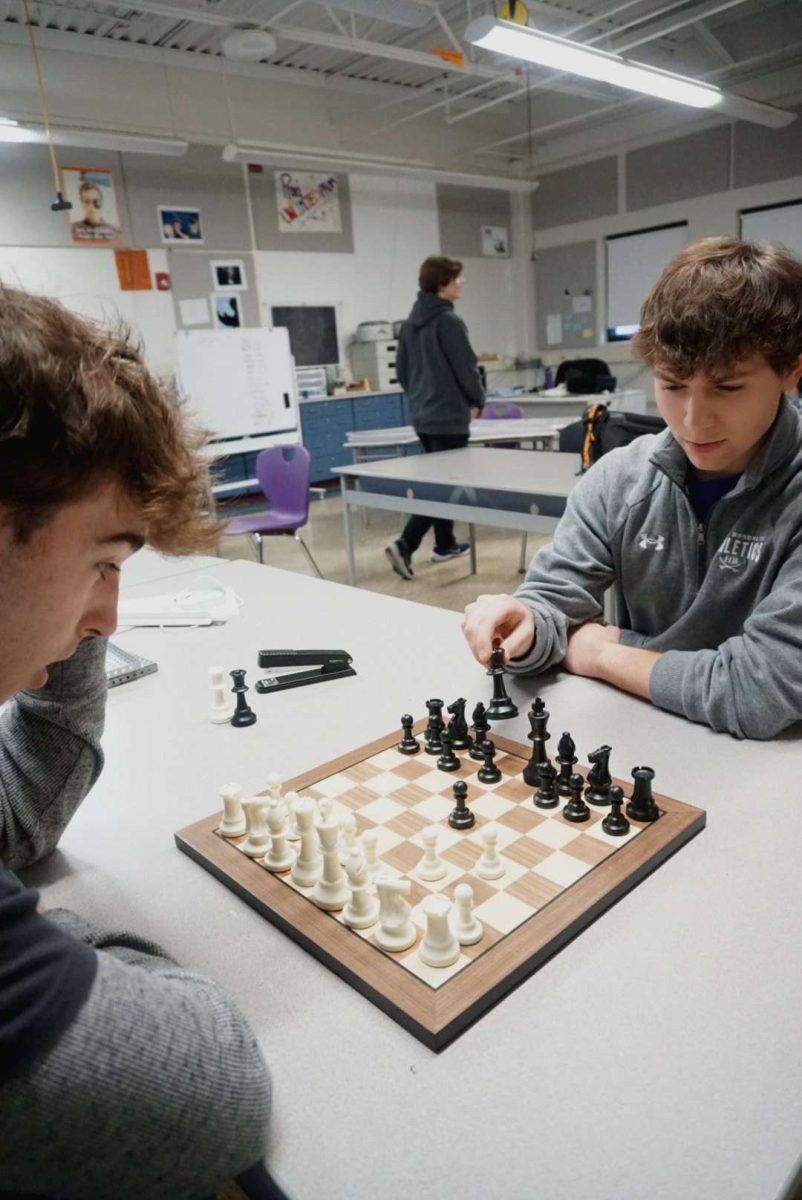


![Students in Archaeology use tools in a mock excavation. As a class that focuses on hands-on learning, students are able to gain crucial life skills. “[The class] is more hands-on than I thought, and I'm learning way more with physical activities than I do in the classroom,” said student Tess Brown ‘25.](https://cavchronline.com/wp-content/uploads/2024/11/IMG_8390-e1733078359165-1111x1200.jpg)
